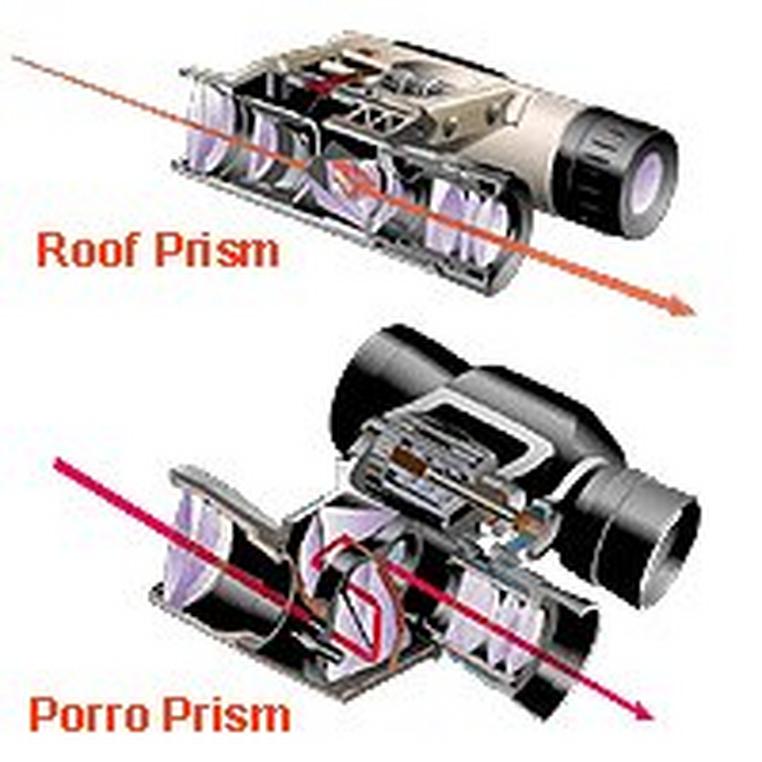Checking Out Various Kinds Of Binoculars for Exterior Journeys
The Value of Binoculars in Education And Learning and Scientific Research Study: Exactly How These Optical Instruments Contribute to Learning and Expedition
The combination of field glasses right into academic setups and clinical research study is often overlooked, yet their contribution to enhancing observational skills is considerable. In self-controls ranging from environmental science to astronomy, field glasses offer as essential tools that promote inquiry and crucial thinking.
Enhancing Observational Skills
In educational and research study settings, the usage of field glasses significantly boosts empirical skills among trainees and practitioners alike. These optical instruments help with a much deeper understanding of distant subjects, enabling users to observe information that would otherwise remain hidden. By utilizing field glasses, learners can check out wildlife, huge sensations, and geological formations, promoting a much more extensive connection to the subject matter.
Field glasses function as necessary devices in area researches, encouraging pupils to involve proactively with their setting. Via enhanced monitoring, they can collect information much more successfully, resulting in improved logical abilities. This hands-on experience permits the growth of important reasoning, as trainees should interpret what they see and connect it to academic understanding.

Bridging Concept and Method
Observational abilities created via using binoculars normally bring about a more profound integration of theoretical understanding with sensible application. By participating in direct observation, learners can transform abstract ideas into concrete experiences. This harmony cultivates a much deeper understanding of clinical principles as pupils link theoretical frameworks with real-world phenomena.
For instance, when researching bird biology, students can apply their understanding of bird makeup and behavior via the lens of field glasses, observing qualities such as plumage variant, feeding routines, and migratory patterns. This direct interaction not only reinforces theoretical concepts yet additionally grows critical thinking and logical abilities.
In addition, using field glasses motivates learners to formulate theories based upon their observations, thus enhancing their clinical query skills. They can actively test these theories in the field, resulting in a more experiential learning setting that promotes curiosity and expedition.
Fundamentally, field glasses work as a vital device in connecting the space in between classroom discovering and fieldwork - Binoculars. They equip trainees to become active individuals in their education, urging an alternative approach to recognizing the natural globe and its complexities. Therefore, the integration of theory and technique is important for fostering notified and involved learners
Applications in Environmental Scientific Research
Utilizing field glasses in ecological science boosts the ability to observe and examine communities with better accuracy. These optical tools are important for carrying out area studies, making it possible for scientists to keep track of wild animals populaces, assess plant health and wellness, and review habitat conditions without interrupting the native environment. Field glasses facilitate the recognition of varieties at various distances, enabling researchers to collect essential data on biodiversity and habits.
In eco-friendly study, binoculars are crucial tools for ornithologists studying avian habits and movement patterns. They enable scientists to videotape observations over long periods, adding to useful longitudinal researches - Binoculars. In addition, binoculars play an essential function in habitat evaluations, as they enable for the thorough monitoring of plant areas and their communications within ecosystems
Environmental educators additionally gain from field glasses, as these tools boost experiential discovering possibilities. Pupils can involve straight with their surroundings, fostering a deeper appreciation for environmental systems. By incorporating binoculars into academic programs, trainers can influence the future generation of environmental scientists.
Role in Astronomy Education
Using binoculars in astronomy education provides an available entrance for trainees and enthusiasts to check out celestial sensations (Binoculars). Unlike huge telescopes, field glasses are mobile, user-friendly, and relatively low-cost, making them a perfect introductory tool for observing the evening sky. Trainees can easily engage with Website the cosmos, fostering a hands-on understanding experience that boosts their understanding of huge concepts
Binoculars permit users to observe a selection of celestial items, consisting of the Moon, planets, and star collections. Importantly, binoculars offer as a bridge to more complicated expensive instruments, offering fundamental experiences that can trigger deeper rate of interest in the field.
In academic setups, guided binocular sessions can advertise group cooperation and discussion, improving the learning experience. The shared experience of observing celestial objects can cultivate a feeling of community among students. In general, field glasses play a critical role in demystifying astronomy, making it friendly and interesting for people at all levels of education and learning.

Motivating Interest and Questions
Binoculars not just assist in the monitoring of celestial sensations however additionally spark a sense of inquisitiveness and questions among students. By giving a closer look at remote items, binoculars urge students to ask inquiries and check out the environment around them. This device transforms easy knowing right into an active, interesting experience, promoting a much deeper understanding of clinical concepts.
When pupils make use of binoculars to observe wildlife, landscapes, or astronomical things, they establish empirical skills that are crucial for clinical questions. The Related Site act of concentrating on specific information motivates them to formulate hypotheses, perform examinations, and reason based upon their monitorings. This process not just boosts their essential assuming capabilities yet additionally supports a lifelong enthusiasm for exploration.
In addition, field glasses can connect the gap in between academic understanding and real-world application. Eventually, the use of field glasses in academic setups offers as a driver for curiosity, encouraging trainees to go after expertise with excitement and cultivating a sense of wonder regarding the world around them.
Conclusion
In summary, field glasses act as crucial devices in education and learning and clinical research study, substantially enhancing observational skills while linking the space between academic understanding and functional application. Their Your Domain Name varied applications in areas such as environmental science and astronomy underscore their significance in cultivating curiosity and questions among pupils. By assisting in comprehensive exams of distant topics, binoculars not only motivate the next generation of researchers however also cultivate an extensive recognition for exploration and the clinical method.